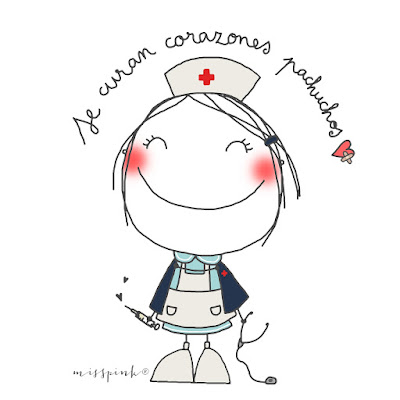It is not uncommon for the new wave of IENs in Canada to ask about employment opportunities after going through the arduous process of and getting the coveted Canadian RN license. It is a known fact that Canada has a single-payer health care delivery system. Funding for public health care is taken from our taxes which is contrary to the claims that everything here in the True North is glorious and free! O Canada!
Health Regions/Authorities
Health care is a designated provincial responsibility in Canada's federal system. That means provinces fund for its constituents' public health care. And again funding is taken from provincial taxes. The provincial health care system is administered by health regions or health authorities. Most Canadian RNs are employed by the provincial government directly or indirectly through health regions and authorities.
Known provinces with health regions are British Columbia, Manitoba, Ontario, New Brunswick, Québec and Newfoundland & Labrador. Health regions serve and administer health care to a specific geographic location within a province or a metropolis. In Montréal, Québec like for instance, health care is administered by Integrated University Health and Social Services Centres or Centres Intégrés Universitaires de Santé et de Services Sociaux (CIUSSS). There are 5 CIUSSS in Montréal alone.
Health authorities are bigger if not an amalgamation of smaller health regions made into one organisation. The new Saskatchewan Health Authority established on December 2017 is the entity that administers the health care delivery of the province. Other known provinces with health authorities are Alberta (Alberta Health Services/AHS alongside Catholic-ran Covenant Health), Nova Scotia (Nova Scotia Health Authority/NSHA) and Prince Edward Island (Health PEI).
RN Employment: Persistence as the key
Persistence is the key to get in the system and the easiest way to get in the system is to apply for casual positions if given the opportunity, part-time positions. Once in the system, you become a potential internal applicant for whatever positions available in the future.
There are other ways to get in the health authority/region. One is through your nursing clinical preceptorship and the other is working for staffing agencies. You would be able to establish networks within. It gives you an opportunity to showcase your strengths to the nursing team and also develop your talents and skills as a professional nurse all at the same time.
Most of the time, it takes a while to get in the health authority or regions but always trust the wait. Be persistent in submitting applications. Be warry of positions you apply for and reflect on your competencies to compare with the qualifications that they are looking for. Be open to the possibility of not getting a full-time position right away. Remember that you will always have to start somewhere.
Image source: https://tr.pinterest.com/pin/393713192414899531/?lp=true
Image source: https://tr.pinterest.com/pin/393713192414899531/?lp=true


Comments
Post a Comment